Researchers have long been fascinated with what happens inside the Earth’s inner core, and now a new study in the journal Nature has just unlocked much of the mystery.
The research, which was published in June, supports a 2023 proposal that suggested that the Earth’s inner core has been slowing down. It also confirmed that changes in speed follow a repetitive 70-year cycle.
Why Studying the Inner Core Matters
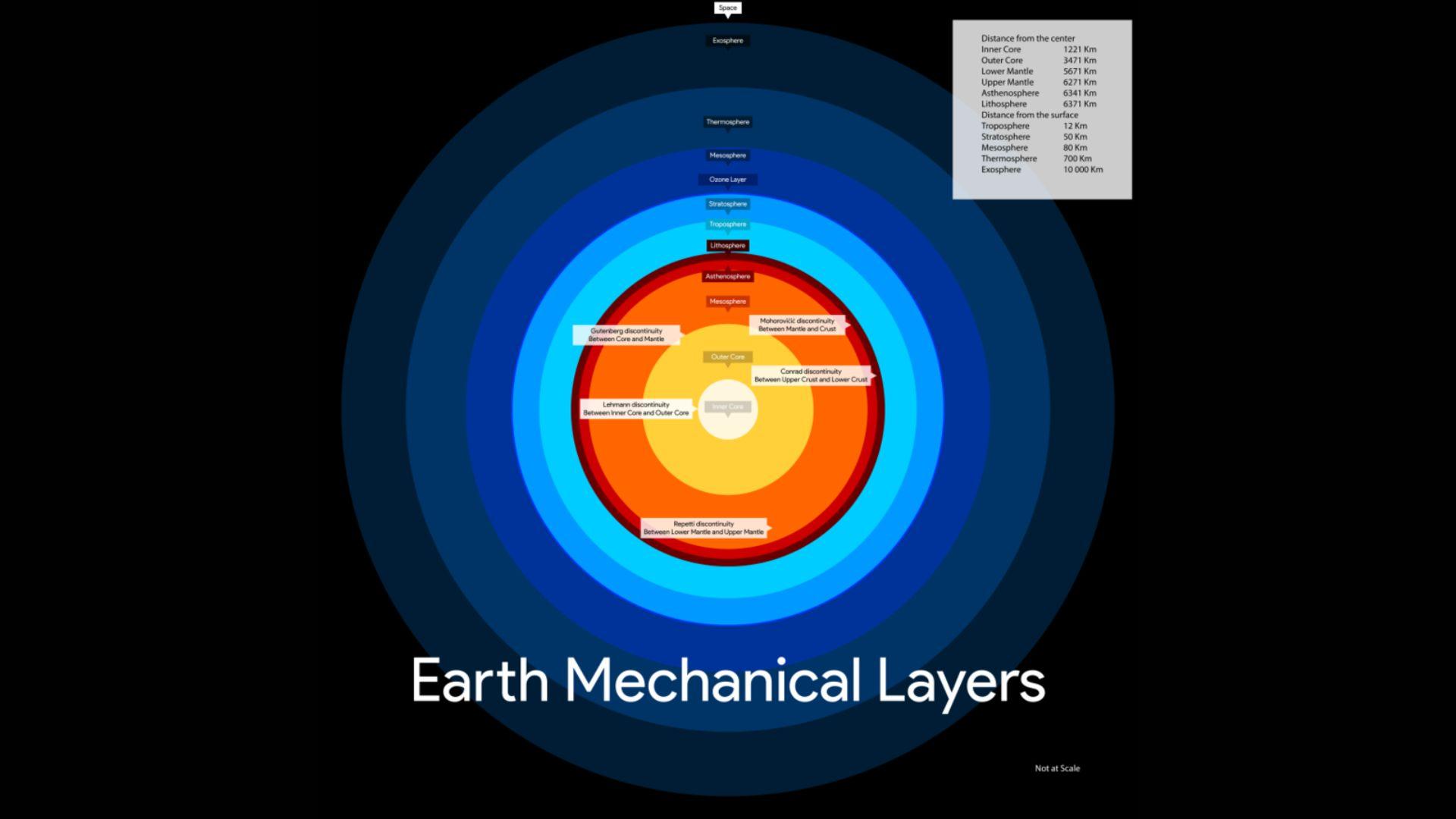
When the Earth’s inner core spins slower, the Earth’s mantle speeds up, which makes the Earth rotate further – shortening the length of the day.
However, these shifts only result in changes equalling thousandths of a second. Arguably more consequential is that studying the inner core allows researchers to learn about how activity connects across all layers of our planet.
Inside the Inner Core
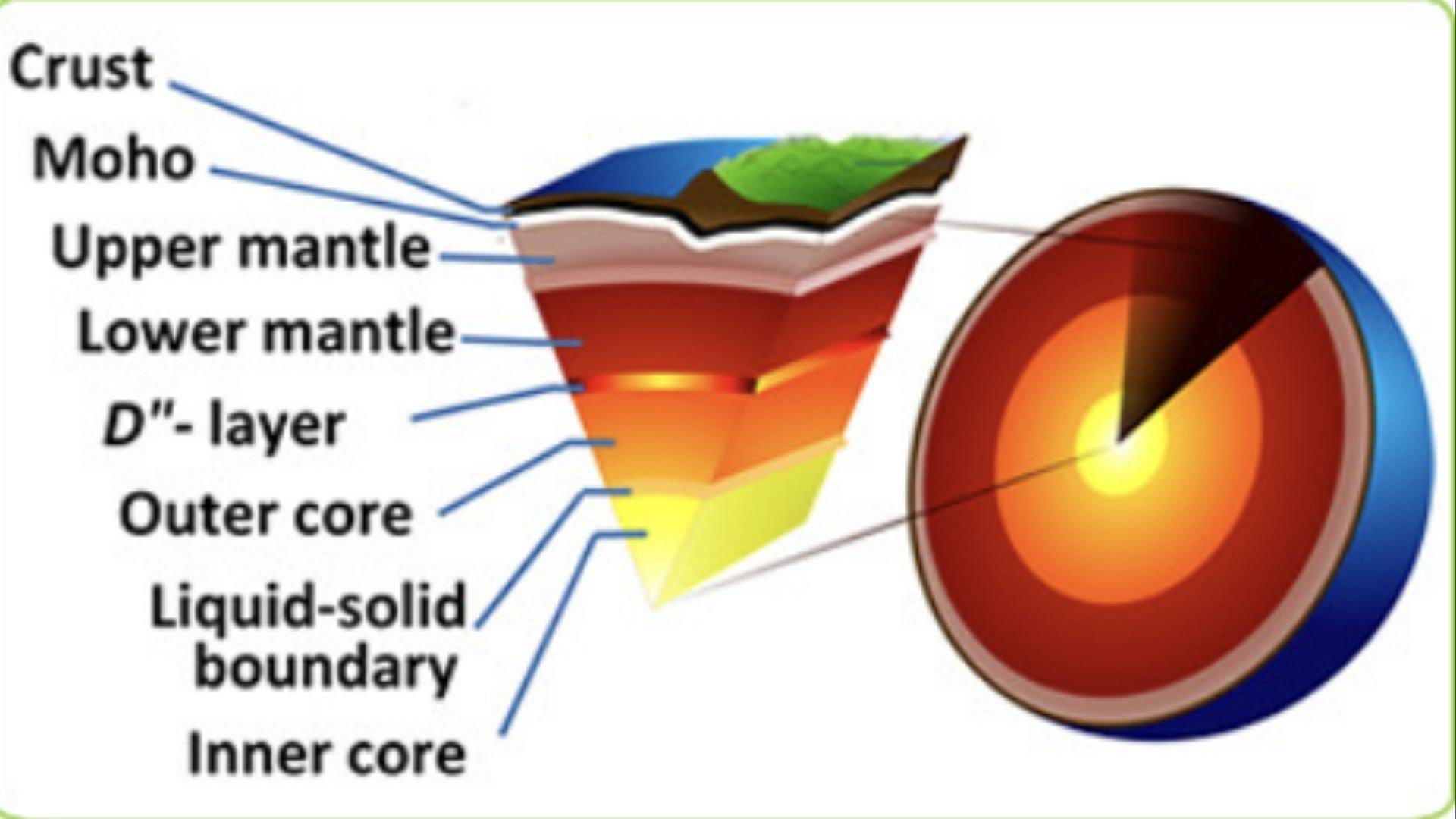
The Earth’s solid metal inner core is buried over 3,000 miles deep inside the Earth and surrounded by a liquid metal outer core.
The inner is primarily comprised of nickel and iron and is approximately as hot as the surface of the sun (9,800 degrees Fahrenheit).
The Mysterious Inner Core
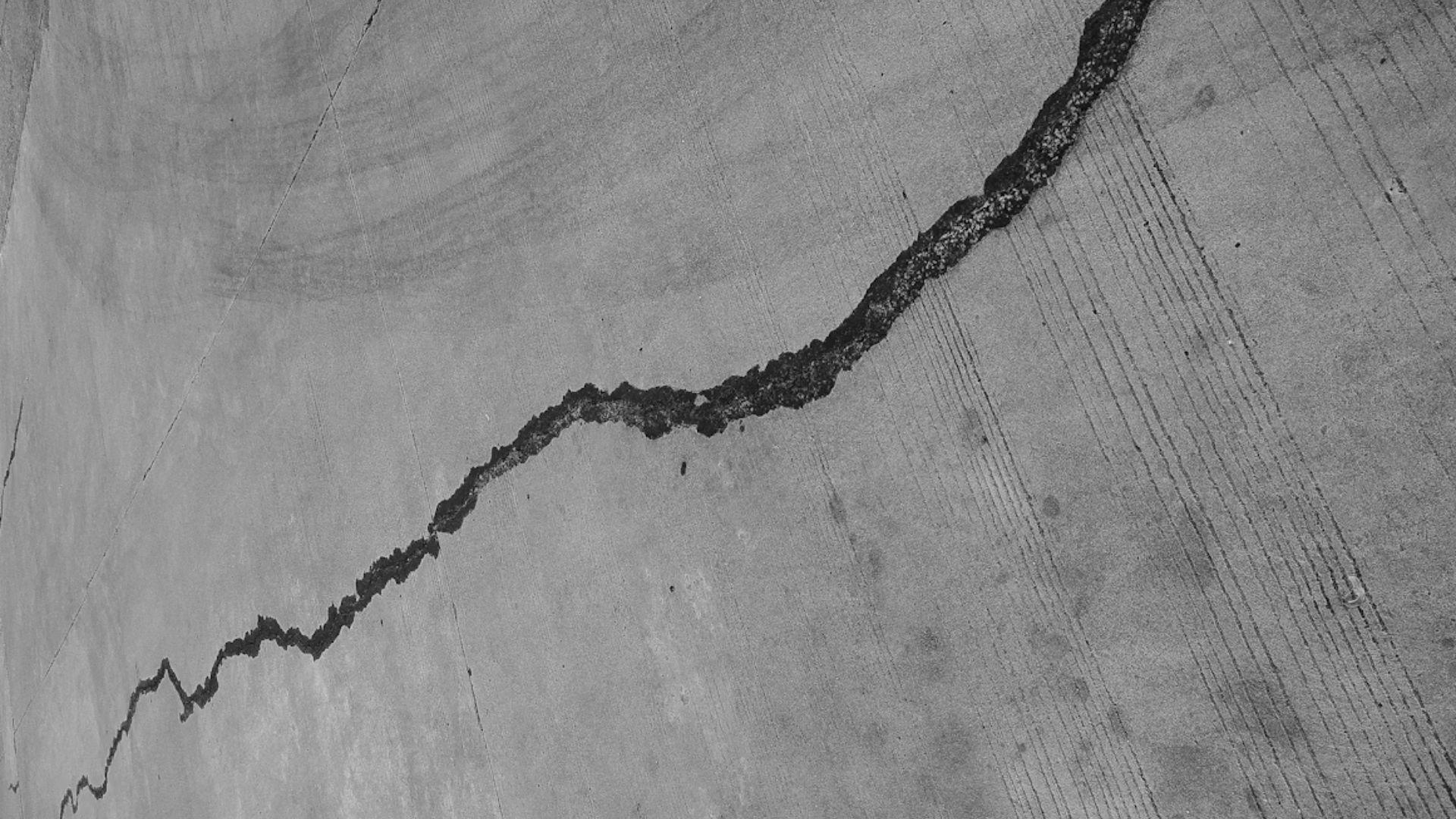
CNN’s Mindy Weisberger described the inner core as “a solid metal ball that rotates independently of our spinning planet, like a top whirling around inside a bigger top, shrouded in mystery.”
The inner core was discovered by Danish seismologist Inge Lehmann only 88 years ago in 1936.
Studying The Inner Core

Previous studies had similarly suggested that the core’s spinning speed had changed in recent years, but scientists had struggled to work out the extent of this change, and what its implications were.
The inner core is difficult to study as it cannot be observed directed. Information about it has been gained by studying how waves from larger earthquakes that pinged the inner core behave.
Experts Give Their Opinion

Dr. Lauren Waszek, a physical sciences lecturer at Australia’s James Cook University, commented, “Differential rotation of the inner core was proposed as a phenomenon in the 1970s and ’80s, but it wasn’t until the ‘90s that seismological evidence was published.”
She added that scientists had disagreed on how to interpret these findings and that “studies which followed over the next years and decades disagree on the rate of rotation, and also its direction with respect to the mantle.”
The 2023 Study

In 2023, a model proposed that the inner core had previously spun faster than Earth itself but had begun to spin slower “until the core was moving backward relative to the fluid layers around it.”
In 2023, many experts had said that more data was needed before a definitive conclusion was made. Now, however, scientists have delivered a strong show of support for this hypothesis.
Core is Ready To Speed Up Again

By tracking Earthquake waves, researchers believe that the Earth’s inner core follows a 70-year cycle.
By the 1970s, the inner core was spinning slightly faster than the planet, then it slowed around 2008 and proceeded to move in reverse relative to the mantle. Now, researchers believe the core is set to speed up again.
How New Findings Were Made
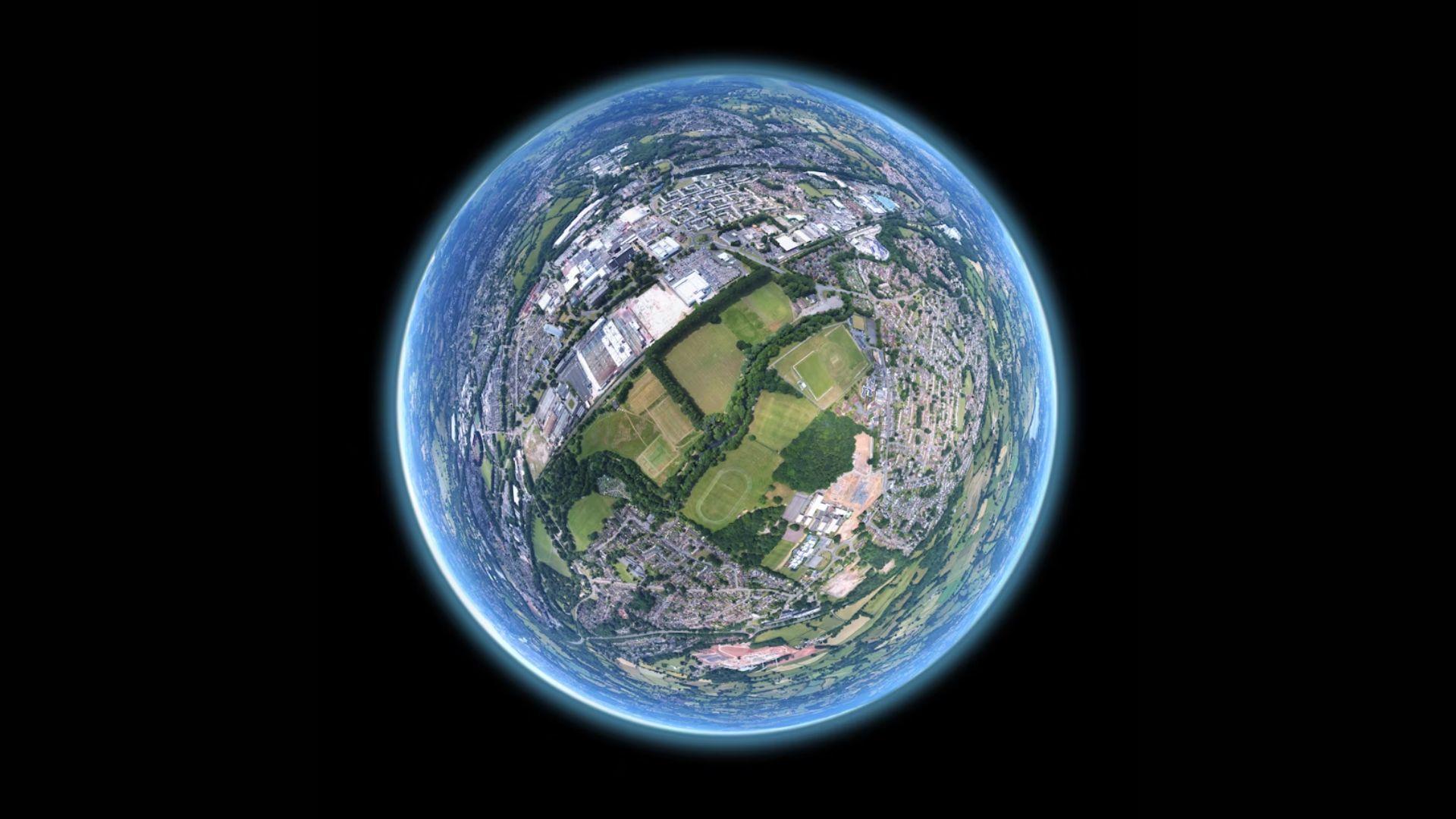
Researchers studied 121 earthquakes that occurred between 1991 and 2023 in the South Sandwich Islands, and also looked at core-penetrating shock waves between 1971 and 1974.
Researchers found that turns in the core impact the arrival time of waves and these differences allowed them to confirm the 70-year hypothesis.
Uncertainty Remains
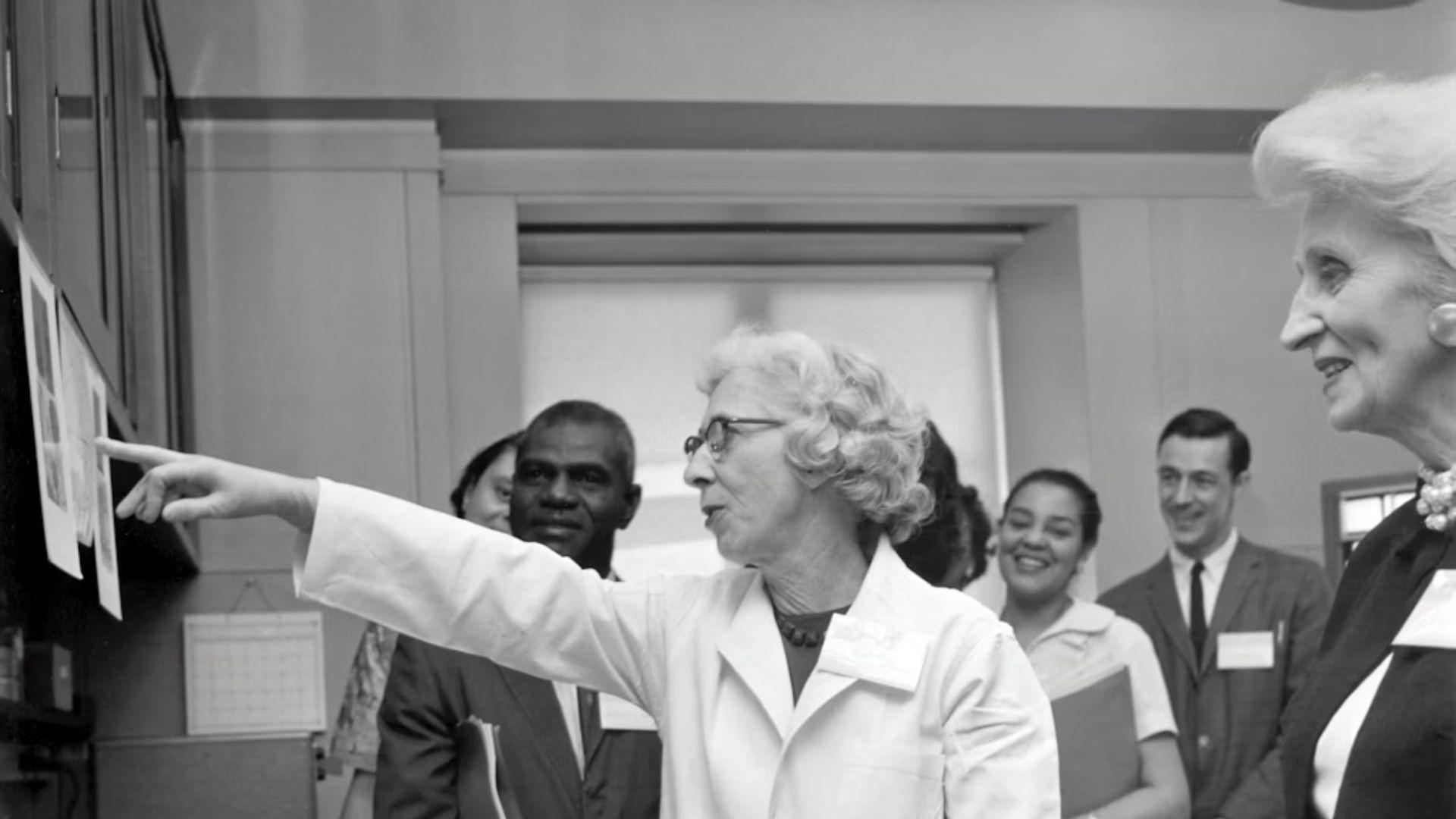
Seismologists said that the new study showed that the core’s spin slows and accelerates at varying rates, and they still do not have a clear explanation for this.
They also found that the core has different rotation rates for backwards and forward motion, which Waszek said added, “an interesting contribution to the discourse.”

